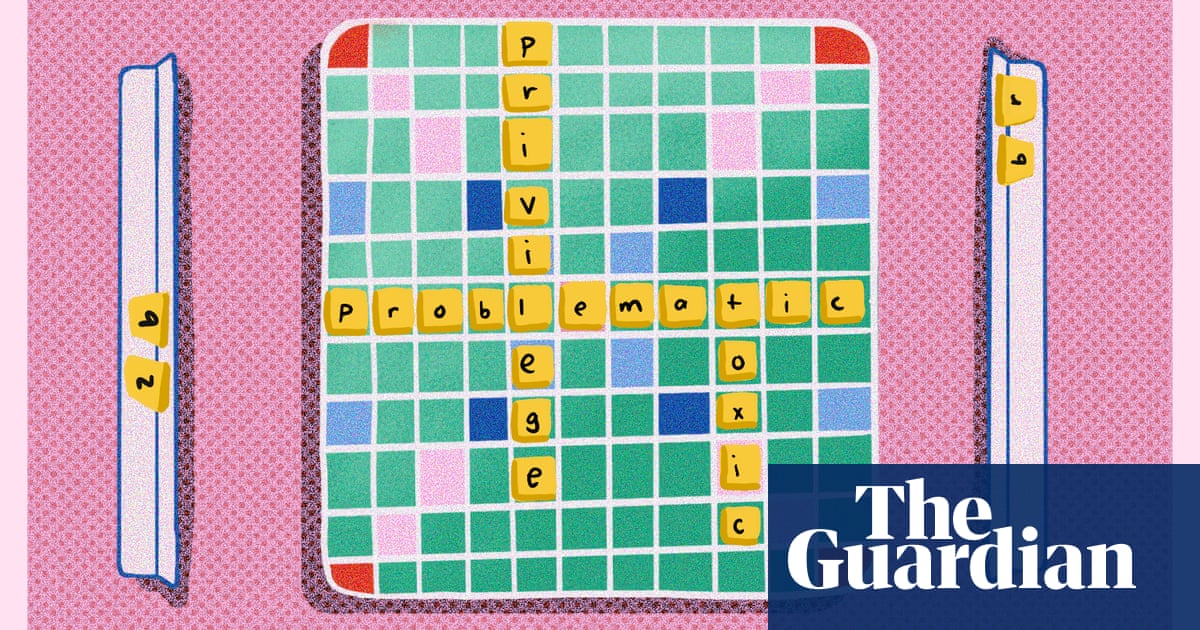They know enough who know how to learn.
—Henry Adams
* * *
I saw a viral tweet last week, which thanks to a slip-up I can no longer find, that said something like:
What for you is the biggest barrier to climate activism?
I sifted through the hundreds of replies from progressive activists, commentators, anyone with an opinion, to see if what I was looking for was in there.
According to these people, the biggest challenge for activists to make an impact on climate change was the public, who just couldn’t understand the urgency. Or it was that the issue was a hypothetical, far in the future. Or the moral dilemma of countries that need to pollute to lift their people out of poverty. Or Trump and his legacy. Consumerism and modern living. Lack of funds. Fake news. Apathy.
Before I closed Twitter out of frustration, I saw one response that started by saying that climate activists’ messaging might be off. But then it pivoted to blame the complexity of the topic. I never got what I wanted: people questioning their own practices to see what they could do better. Activists holding themselves to account, openly and without judgment, in the search for solutions.

Missed lessons
There's a debilitating trend among progressives in recent years: a large bulk of activists have lost the ability to be self-critical. If their efforts fail, it’s always someone else or something else at fault. Or the timing was wrong. Anything but what they might have been able to do differently.
Among these activists there are rarely any lessons learned. Only repetition, hoping that something will stick, that power will give in. This is what passes for a strategy, to the extent that they have one.
I’ve noticed this trend in my work, with professional activists and staff at NGOs. I've observed it in trainings I’ve attended, and trainings I’ve organised. And I see it daily on social media, in casual but serious activism. It's not the norm, but it's there.
The rift of curiosity
We all know progressives are divided — two pieces this week by psychiatrist Karin Tamerius and my colleague Rosemary Bechler explore, indirectly, how and why. But there’s another division that my anecdotal experience points me to: a rift of curiosity. Between those that have it, and those who don't.
Or to put it another way:
the desire to resolve uncertainty or fill a gap in one’s knowledge
Curious people have a drive to learn. They aren’t just curious about the world, but also about themselves. They are open to experiment, and continuously reflect on how they can achieve their goals.
The curious activist citizen
The curious activist citizen chooses their battles, prioritises their work, and keeps their eyes on the prize.
They follow people they disagree with, and can change their mind on any topic when new facts emerge — even on issues close to their heart. They don’t let the filter bubble win.
They recognise that rather than being a victim of circumstance, they have agency to change things.
And even if they can’t change reality, these activist citizens can change how they perceive it, so it doesn’t hamper them. They are able to reframe crises into opportunities.
Vitally, they have developed the skill of metacognition, or “thinking about thinking”. Here’s a great primer on what it is and how to stimulate it:

A missed opportunity
There’s something tragic about not having curiosity in the 2020s. We live in a ‘creator economy’ where you can find a community that matches your interest — no matter how niche — within a few clicks. I did a podcasting course a few years ago with a guy whose passion was breeding alpacas, and the last I checked, even he had found his 100 true fans.
The possibilities to learn today are endless. If someone has achieved something they’re proud of, there’s a good chance they’ve also published how they did it. The self-improvement industry isn’t just booming, it’s detonating in every corner of the internet. Even traditional education is slowly being up-ended.
On the demand side, meanwhile, millions are advocating daily for causes online. People who wouldn’t consider themselves activists are spending large chunks of their lives pushing for what they believe in. Even if only by commenting and sharing, they are trying to affect change.
More curiosity could put these activist citizens on a path of self-improvement. Boosting their civic engagement. And potentially reshaping our world.
Shunning, shaming and arguing to win
So what’s behind this missed opportunity? Tamerius’ piece mentions two recent tendencies among progressives: the desire to shun and shame, and what she calls "strict language policing". These in turn have promoted “arrested development”, consuming energy that could otherwise be spent trying to achieve substantive goals.

The piece also looks at the adversarial state of our discourse as a negative trend for progressives. Quoting a Columbia professor who studies conflict, it says:
'Debate is a game to win. I’m listening to find flaws in your argument that I can weaponise against you to show you that I’m right.' That’s the opposite of dialogue, which, when facilitated properly, is a process of discovery and learning.
The shift away from dialogue to debate-as-sport (or debate-as-therapy) makes online interactions less likely to become learning opportunities.
What can we do?
I usually try to come up with suggestions to address issues like this. And I’ve spent a lot of time critiquing here, and I’m a little annoyed with myself as a result.
But the truth is, I don’t have an answer at the moment. It’s an expansive topic that touches so many aspects of our lives, worthy of a sociology PhD.
So for now, let me go halfway there. I’ll start with a wish.
I want a world where progressives are also interested in their personal progress, and in the progress of their efforts to achieve change. A world where people run campaigns with the creativity and precision and passion of startups. Where the best ideas win, and a radically different vision can become a reality.
Curiosity is a basic requirement for all of the above. So it's a shame to see so little of it these days. The good news is, though, you can cultivate it. In yourself, and then in others. And if you’re bringing in team members for your activist projects, look for the curious ones.
Then experiment, experiment, and experiment some more.




